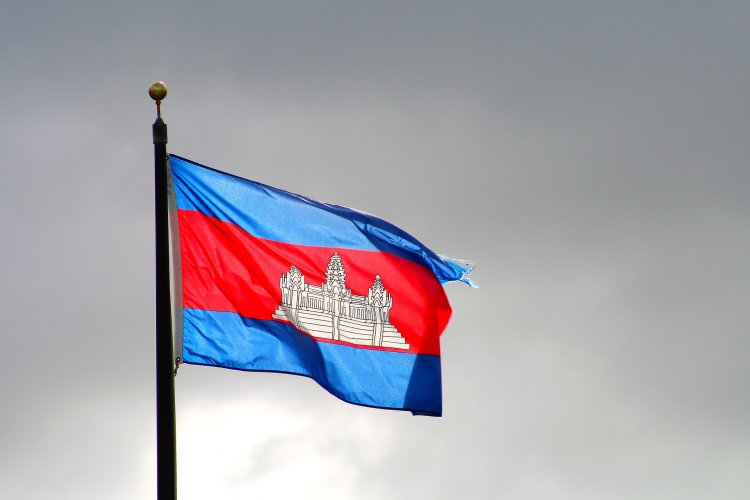Extraordinary Chambers in the Courts of Cambodia Issues Final Decision – Completing UN Mandate

12-10-2022
Ryan Haigh
International Justice and Human Rights Researcher
Global Human Rights Defence
On 22 September 2022, the Supreme Court Chamber of the Extraordinary Chambers in the Courts of Cambodia (ECCC) handed down what will likely be its final decision. [1] In doing so, the ECCC, also known as the Khmer Rouge Tribunal, or the Cambodia Tribunal, completes its mandate under an agreement reached between the United Nations and the Cambodian government in 2003. The ECCC was tasked with prosecuting senior leaders of the former Democratic Kampuchea believed to be the most responsible for grave violations of international law between April 1975 and January 1979. It is estimated that approximately 1.7 million people died from starvation, torture and execution during the “great leap forward” under Pol Pot’s Khmer Rouge regime. These acts are considered to encompass one of the worst atrocities of the 20th Century, amounting to genocide and crimes against humanity. By the end of these events, approximately 25 percent of Cambodia’s population had perished. [2] The Cambodian government initiated efforts to establish the ECCC in 1997, approximately 40 years after the events in question. The Court initiated proceedings in four cases against nine former Khmer Rouge leaders. Three were convicted. Two defendants passed away while awaiting trial. One was found unfit to stand trial due to age-related health impairments. The Prosecution has failed to present sufficient evidence to bring a case against three of these defendants to trial. The ECCC has been criticised for how long proceedings have taken as well as their cost, amounting to approximately 330 million euros. [3]
The ruling came in the form of a denial of Khieu Samphan’s appeal of his 2018 convictions for grave breaches of the Geneva Conventions, genocide, and crimes against humanity via extermination, enslavement, deportation, torture, persecution, enforced disappearances and rape. [4] Samphan, now 91, was a key member of the Khmer Rouge’s Central Committee, which was responsible for issuing policies that resulted in the atrocities. [5] While Samphan alleged that the trial court committed 1,824 errors, the appeals chamber found that his claims were either without merit or did not alter the disposition of the case. [6] The Court, therefore, upheld Samphan’s sentence of life imprisonment. [7] Victim advocates have stressed that their work is not complete. What occurred must be fully documented, and the events of the genocide should be integrated into the national history curriculum taught in schools. [8]
Notes:
[1] Prosecutor v Samphan, (Summary of the Appeal Judgment in Case 002/02) 002/19-09-2007-ECCC/SC (22 September 2022) (Judgment).
[2] Rebecca Ratcliffe, ‘Cambodia Court Rejects Genocide Appeal of Last Surviving Khmer Rouge Leader’ (The Guardian, 22 September 2022) <https://www.theguardian.com/world/2022/sep/22/khmer-rouge-tribunal-cambodia-court-rule-genocide-appeal-last-surviving-leader-khieu-samphan> accessed 13 October 2022 (Guardian).
[3] Ibid.
[4] Judgment (n 1).
[5] Ibid.
[6] Ibid.
[7] Ibid.
[8] Guardian (n 2).




 GHRTV Author
GHRTV Author 




























